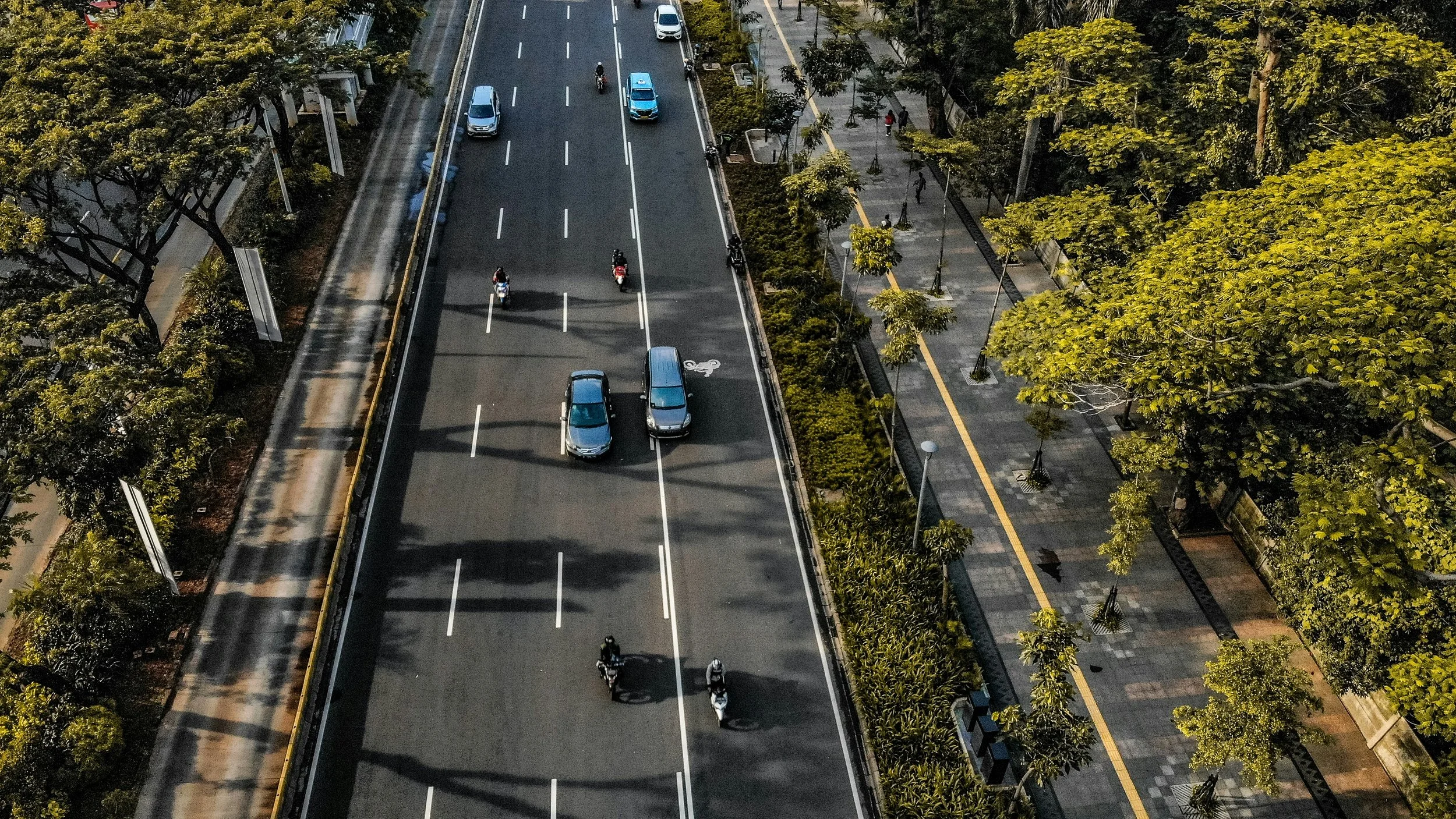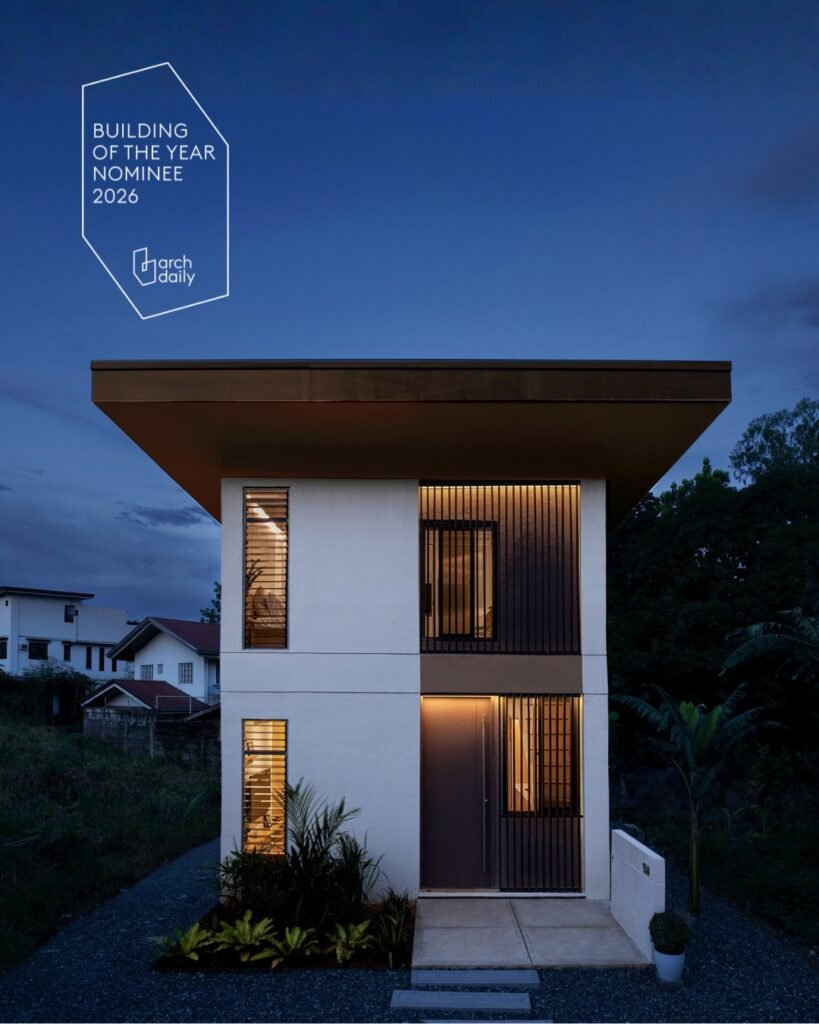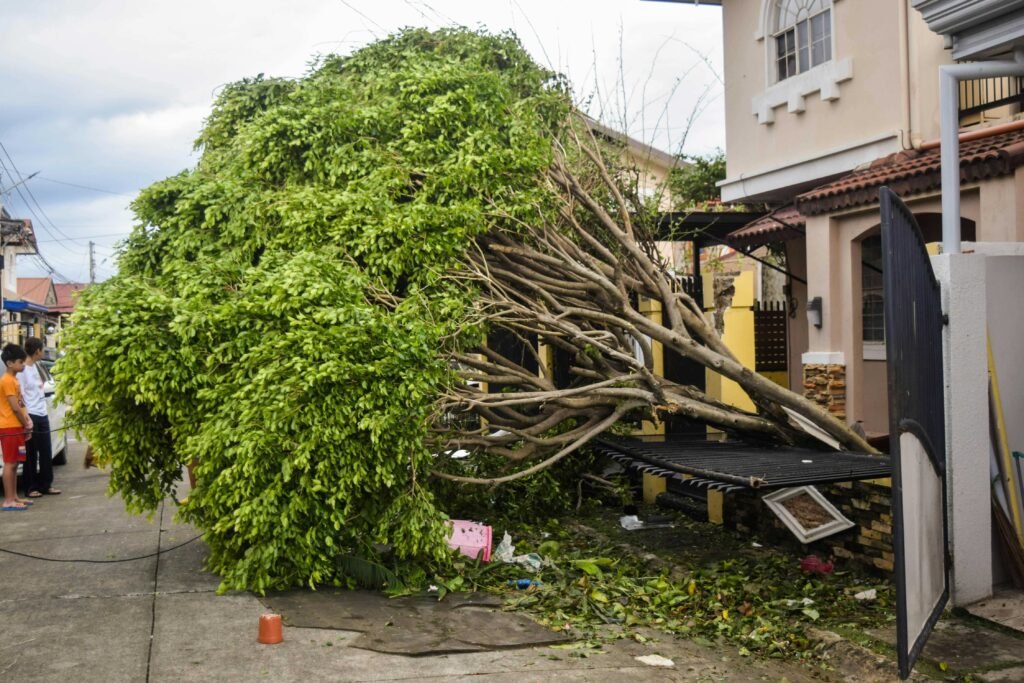Discover Asia’s increasing warming trends, the urgency of net-zero living, and its economic benefits. Learn how community engagement and sustainable practices can help build a climate-resilient future.

PHOTO: Marcel Ardivan on Unsplash
Experiencing Asia’s warmth is akin to stepping out under the midday sun, ice cream in hand, only to witness it yielding to the surrounding heat. This is a simplistic yet tangible illustration of a continent grappling with rising temperatures – a reality that beckons immediate attention.
As the sun beats down, life in its myriad forms seeks refuge from the relentless heat, foretelling a time when venturing outdoors might no longer be an option. A net-zero lifestyle emerges as a viable recourse, offering a pathway to mitigate this warming trend.
Through this article, we aim to make the concept of a net-zero lifestyle clear to you, helping you move towards a sustainable future in a world that is getting warmer.
Start-Up: Overview of Net-zero Living in Cooling Up Asia
As temperatures continue to rise across Asia, the region is facing numerous challenges with significant socio-economic implications. Hence, we should know the effects of climate change in Asia, the emerging trend of net-zero living, and the need for immediate action. The urgency of addressing these issues has indeed led to the increasing adaptation of net-zero living as an aid.
In simple terms, this lifestyle refers to the applying equilibrium between the amount of greenhouse gasses produced and the amount removed from the atmosphere. With that, it can cool up Asia in a way that if the carbon emissions reach net zero, the warming will stop or be lessened.
Giving Some Enlightenment: The Climate Science Around Asia
The data on warming trends in Asia is alarming. Scientific research shows that this region is experiencing higher temperature increases than the global average. In fact, the warming trend of just 1991-2022 is approximately twice the amount of the warming trend in 1961-1990.
As a result, extreme weather events like heat waves, droughts, and floods have become more frequent and severe. Last year, it was recorded that there were more or less 81 weather or climate-related disasters, of which more than 80% were flooding and storms.
These disasters have devastating effects on agriculture, water resources, and public health. As released by the World Meteorological Organization, at least 5,000 people lost their lives. At the same time, 50 million have their livelihood suffered, thus resulting in approximately 36 billion US dollars lost. Without immediate action, the projected future impacts of climate change in Asia are dire, threatening the survival of communities and ecosystems.
Igniting Sense of Sustainability: Showing Net-Zero Initiatives
To combat the effects of climate change, governments across Asia have started implementing net-zero initiatives. These policies aim to reduce greenhouse gas emissions by promoting sustainable practices and renewable energy sources.
For instance, countries like Japan, South Korea, and China have set ambitious targets to achieve carbon neutrality by mid-century. The private sector is also getting involved, with various industries investing in sustainable technologies and practices to reduce their environmental footprint.
Warm Hugs to Communities: Environmental Education Engagement
An essential aspect of transitioning to net-zero living is community engagement. Education and awareness campaigns play a crucial role in encouraging individuals to adopt eco-friendly lifestyle choices. By providing information on the impact of climate change and practical solutions, such campaigns empower individuals to make sustainable decisions in their daily lives.
Additionally, grassroots initiatives, such as community gardens, renewable energy cooperatives, and zero-waste projects, help foster a sense of ownership and collective responsibility in achieving a net-zero lifestyle.
Heartwarming Effects: Economic Implications of Net-zero Living

While transitioning to net-zero living may involve initial costs and challenges, the economic benefits in the long run outweigh these concerns. Investments in sustainable technologies and infrastructure create job opportunities and drive economic growth.
Renewable energy industries are rapidly expanding, with solar and wind power becoming increasingly cost-competitive alternatives to fossil fuels. Energy-efficient buildings and transportation systems also reduce operational costs and improve resource management. Embracing a net-zero lifestyle helps combat climate change and presents a significant economic opportunity for Asia.
The Time for Action is Now – Begin Your Sustainable Journey Today.
Living a net-zero lifestyle means making conscious choices that minimize carbon emissions and reduce environmental impacts. It involves adopting sustainable architecture, renewable energy, zero-waste practices, and eco-friendly transportation options. By incorporating these principles into our daily lives, we can contribute to mitigating climate change and protecting our planet.
I genuinely conclude that Asia’s warming woes demand urgent action. I believe that governments, businesses, communities, and individuals must work together to embrace net-zero living, promoting sustainable practices and advocating for eco-friendly policies. The time to act is now – our future and the well-being of future generations depend on it.
For further information on how BillionBricks can benefit your community, get in touch with us at https://billionbricks.org/sign-up.
If you’re eager to delve deeper into net-zero living, we encourage you to explore another article that offers valuable insights. Check out: Be a Net-Zero Hero: Simple Steps for Sustainable Living in the Philippines
Resources:
-
National Grid. What is net zero?. Retrieved from https://www.nationalgrid.com/stories/energy-explained/what-is-net-zero#:~:text=We’ve%20all%20heard%20the,emission%20reduction%20and%20emission%20removal.
-
Clare Nulis. Climate change impacts increase in Asia. Retrieved from https://www.imf.org/en/Publications/fandd/issues/2021/09/asia-climate-emergency-role-of-fiscal-policy-IMF-dabla#:~:text=China%20recently%20stated%20its%20goal,to%20a%20low%2Dcarbon%20economy.
-
World Meteorological Organization. About Us. Retrieved from https://public.wmo.int/en/about-us
-
Era Dabla-Norris et al. ASIA’S CLIMATE EMERGENCY. Retrieved from https://www.imf.org/en/Publications/fandd/issues/2021/09/asia-climate-emergency-role-of-fiscal-policy-IMF-dabla#:~:text=China%20recently%20stated%20its%20goal,to%20a%20low%2Dcarbon%20economy.




